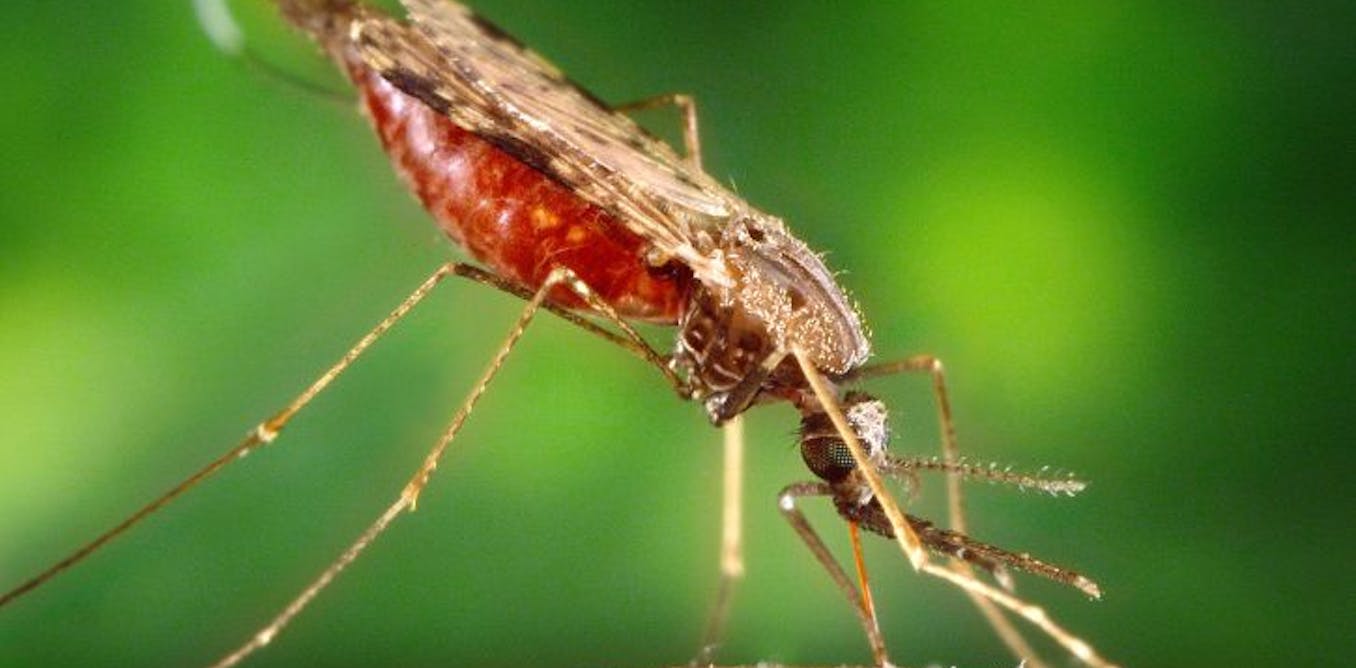Now Reading: Malaria scorecard: battles have been won and advances made, but the war isn’t over
-
01
Malaria scorecard: battles have been won and advances made, but the war isn’t over
Malaria scorecard: battles have been won and advances made, but the war isn’t over

The burden of malaria cases in the world is still heavily felt in Sub-Saharan Africa, where 11 countries contribute to two-thirds of the global cases. World Malaria Day is observed on 25 April to assess the progress against the disease, identify gaps, and strategize on addressing them. Researchers studying malaria in Africa are optimistic about the continent’s ability to defeat the disease with the introduction of new effective tools. Collaboration between researchers and malaria programs is crucial to maximize the impact of limited resources. Despite some progress between 2000 and 2015, the reduction in new cases stagnated, and challenges persist.
While Africa reported a significant reduction in new cases between 2000 and 2015, progress has since stalled. The World Health Organization estimates that 2.2 billion cases were prevented from 2000 to 2023, with 12.7 million deaths averted. However, only nine African countries out of 45 worldwide certified as malaria-free, indicating the continued prevalence of the disease in the region. Factors contributing to the stagnation and reversal of progress include evolving mosquito populations, insecticide resistance, and parasite resistance to anti-malarial drugs.
Efforts to combat malaria have been bolstered by the approval of two malaria vaccines, improved insecticide-treated nets, and the development of novel control strategies targeting both the vector and the parasite. Additionally, the introduction of new antimalarials and innovative mosquito population control methods like releasing sterilized or genetically modified mosquitoes show promise in reducing malaria transmission. With the implementation of these new tools and strategies, countries are moving closer to the goal of eliminating malaria and achieving a malaria-free world.






